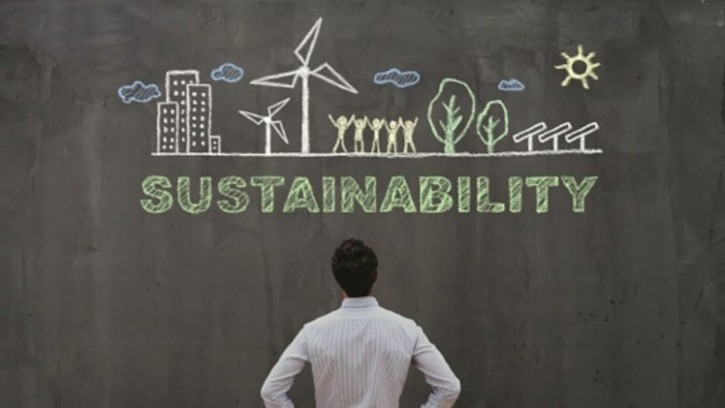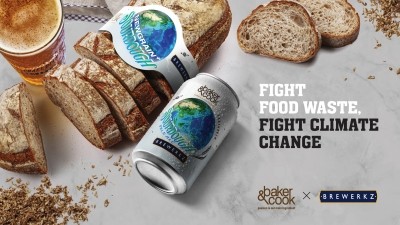Sustainability Snippets: Mengniu dairy packaging recyclability, APAC cocoa on EUDR, ANZ alt protein challenges and more feature in our round-up

Sustainable strides: Mengniu overcomes recyclability challenges of dairy packaging
China diary giant Mengniu says it has overcome some of the long-standing recyclability challenges in the category with a new all-polyethylene (PE) yoghurt packaging concept.
According to Daniel Lin, Sustainability Director of Mengniu, traditional dairy packaging faces significant challenges when it comes to being recyclable and its impact on the environment.
“Many dairy products are using multi-layered packaging made of paper, plastic, or aluminium foil, making it complex and difficult to recycle,” he told FoodNavigator-Asia.
Who will pay? APAC cocoa industry says EU Deforestation Regulation could create ‘two-tier market’
The cocoa and chocolates industry in Asia Pacific is concerned that the EU Deforestation Regulation could lead a two-tier market for cocoa beans, which could have far-ranging cost and pricing implications.
A lot of the debate and backlash to the EU’s controversial Deforestation Regulation (EUDR) has largely been voiced and led by the palm oil industry in Asian producer markets, but the policy will also have major impacts for commodities such as cocoa, coffee, rubber and many more.
Time to add value: Can Australia and New Zealand seriously compete in the alt-protein space?
Australia and New Zealand are lagging behind when it comes to alt-protein innovation and advances, with capital and commercialisation challenges holding the sector back.
While Australia and New Zealand are some of the world’s biggest agricultural producers, alt-protein producers in these countries largely rely on importing high value inputs, such as protein concentrates for plant-based meat.
According to think tank Food Frontier, the challenge lies in creating higher value ingredients, instead of importing them.
Japan GM foods: 2022 data highlights ‘continued stability’ of genetically modified crops locally – government study
New Japanese government data has found that local genetically modified (GM) food crops have shown no evidence of posing risk to surrounding biodiversity in the past year, strengthening the argument for these to become a bigger part of the local food supply.
Japan has long faced a dilemma when it comes to GM foods, between addressing the concerns of consumers and local groups regarding potential food safety issues and impacts on local biodiversity; and introducing GM foods on a larger scale in order to address food security issues as the market with the lowest self-sufficiency rates amongst all developed markets globally.
This for eel: Nissin pledges continued alternative protein NPD on the back of first product launch
Nissin has committed to further product development plans for instant noodles using alternative proteins, after a first launch featuring plant-based ‘eel’ was well received in Japan.
The Japanese cup noodles specialist launched its first plant-based product, “kabayaki” grilled eel, in Japan in conjunction with the country’s Day of Ox commemoration a few months ago.











